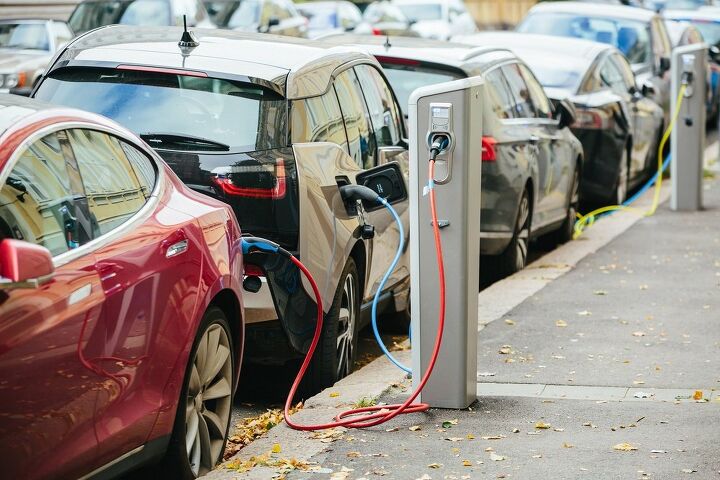#ConsumerSurvey
J.D. Power: Totally Changing Society Hasn't Made People Want Electric Vehicles
Despite governments the world over practically forcing electric vehicles down our collective throat via stringent emission standards, the average person living in North America hasn’t changed their mind on them. According to a recent survey by J.D. Power, the “Mobility Confidence Index” for battery-electric vehicles remains largely neutral.
Even as global lockdowns have made them a more viable option, with more people working from home and driving fewer miles every week, North Americans aren’t budging. In fact, citizens of the United States may actually be turning on EVs while Canadians remain slightly more agreeable — something that probably extends beyond the automotive realm.
American Car Buyers Less Satisfied With Domestics, Toyota Perpetually Fine: Study
Overall contentment among domestic vehicle owners dropped slightly in this year’s American Customer Satisfaction Index. Meanwhile, enjoyment from European and Asian automakers stayed roughly the same. However, that information might not be quite so useful until you begin comparing individual brands (and even other industries).
Domestic automakers averaged 80 out of a possible 100 points in the ACSI scale, with General Motors as the only American manufacturer seeing an improvement from 2016. For the sake of comparison, let’s see how other industries are doing on either end of the spectrum: Cable companies, which everyone hates, averaged 64 points and television sets, which everyone loves, scored 87 points.
By and large, that doesn’t place automakers in the doghouse. But it does highlight a modest shift in the perception of specific domestic brands while longtime satisfaction leaders, like Toyota and Lexus, hold pole position.

















Recent Comments